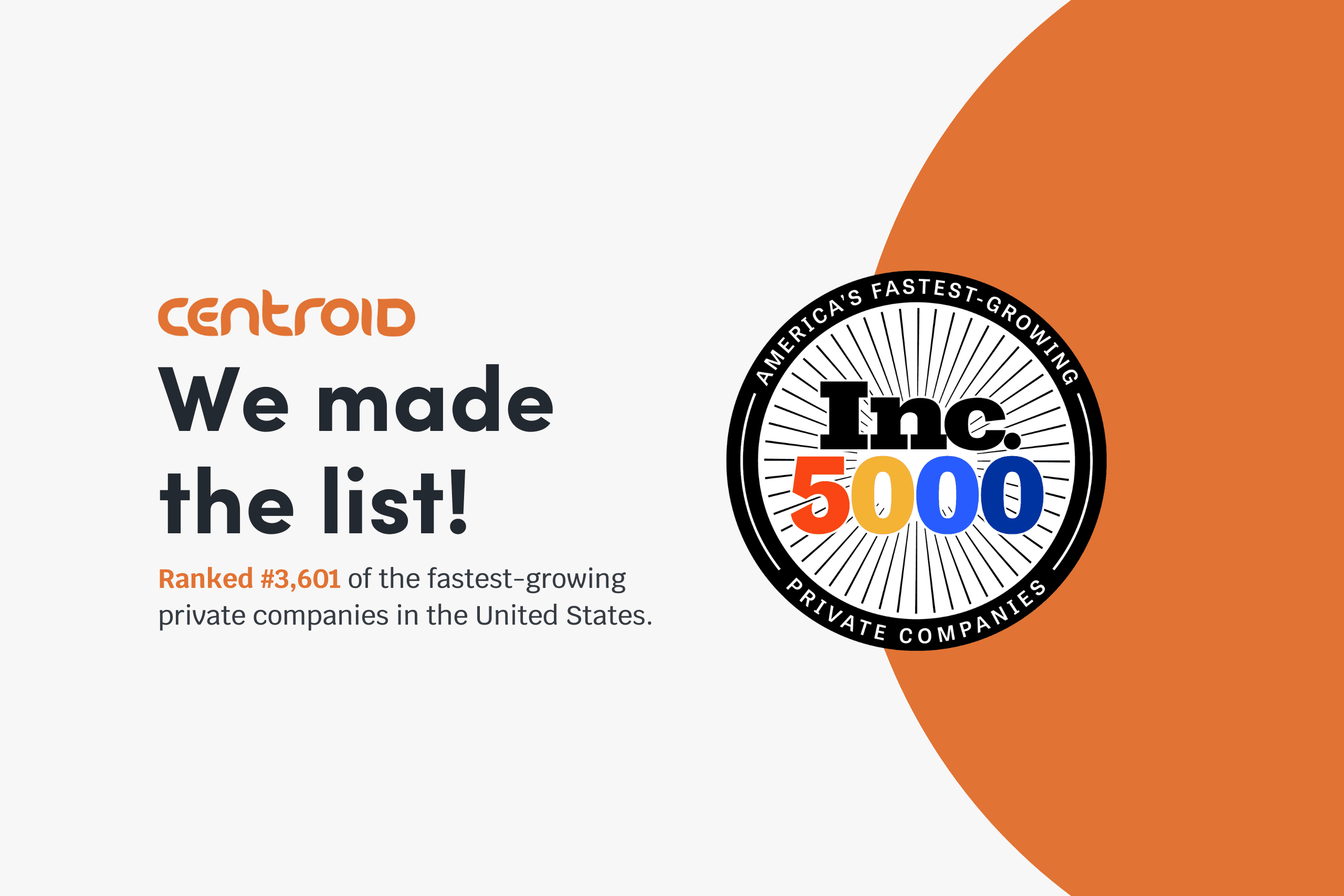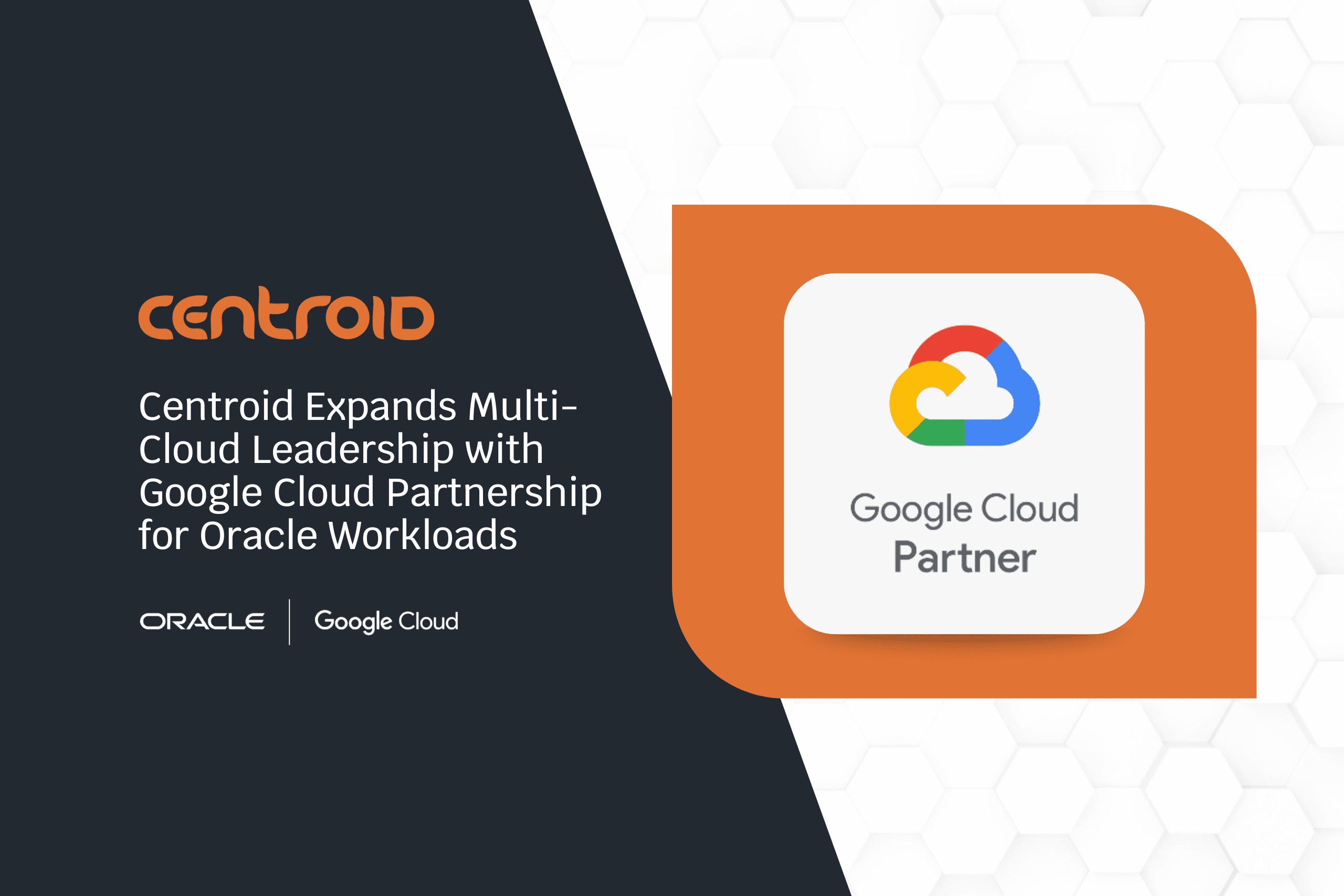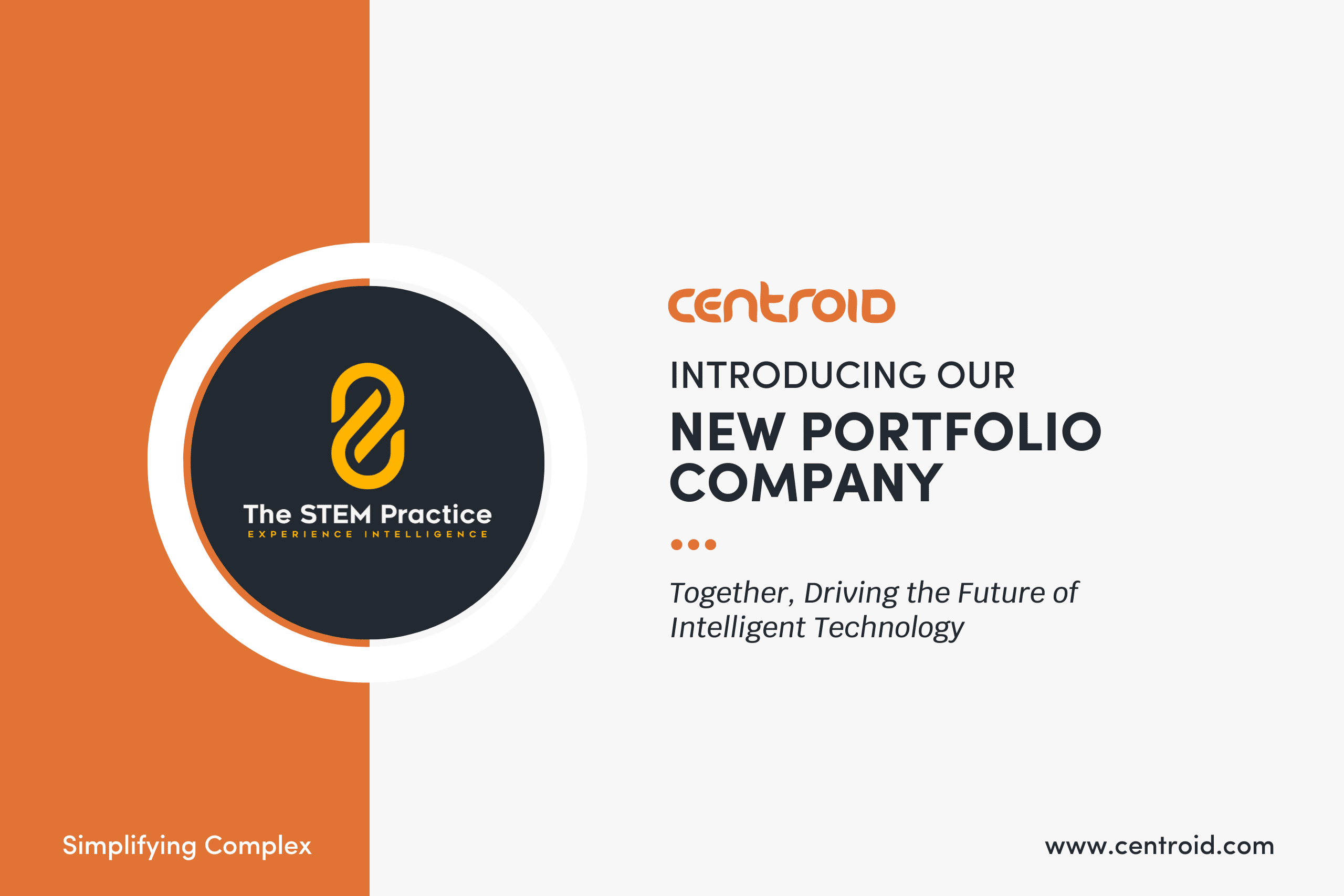by Prabha Repalle – Lead Consultant
Kubernetes is a popular open-source container orchestration tool that simplifies the deployment, scaling, and management of containerized applications. As Kubernetes adoption grows, it is essential to follow best practices and strategies to ensure optimal performance, security, and cost-effectiveness. This blog post will explore some of the most critical Kubernetes best practices and strategies to help you get the most out of your Kubernetes deployment.
Kubernetes Best Practices for Configuration:
This section outlines key practices for configuring Kubernetes efficiently and securely. From staying updated with the latest version to utilizing namespaces and Role-based Access Control (RBAC), each practice contributes to a robust setup.
• Use the latest Kubernetes version: Keeping your Kubernetes cluster up-to-date ensures that you have access to the latest features and security patches.
• Use namespaces: Namespaces help to organize and manage resources within a cluster, making it easier to manage and secure your applications.
• Use kubectl: kubectl is the command-line tool for managing Kubernetes clusters and applications. Please familiarize yourself with its features and use it to manage your cluster effectively.
• Avoid using hostPort and hostNetwork: These options can create security vulnerabilities and are generally considered best practices.
• Use Role-based Access Control (RBAC): RBAC allows you to control access to Kubernetes resources based on roles and permissions, enhancing security.
• Follow the GitOps workflow: GitOps is a DevOps practice that uses Git as the single source of truth for managing infrastructure and applications.
• Don’t use “Naked” pods: Specify a pod template in your configuration files.
• Configure least-privilege access to secrets: Ensure that secrets are only accessible by the necessary pods and services.
• Use Readiness and Liveness probes: These probes help to determine whether a container is ready to serve traffic and whether it should be restarted if it is not.
• Monitor the cluster resources: Regularly monitor CPU, memory, and other resources to ensure optimal performance and prevent potential issues.
Kubernetes Strategies:
This section highlights effective strategies for maximizing the potential of Kubernetes in your deployment. From adopting a container-first approach to implementing microservices architecture and leveraging Kubernetes for stateful applications, each strategy optimizes scalability and management.
• Adopt a container-first approach: Design your applications and services to run in containers from the start, taking advantage of Kubernetes’ capabilities for scaling and management.
• Implement a microservices architecture: Break down your applications into smaller, independent services that can be deployed and managed separately.
• Use Kubernetes for stateful applications: Kubernetes can manage stateful applications, such as databases and message queues, providing features like automatic rollouts and rollbacks.
• Implement a CI/CD pipeline: Continuous integration and continuous delivery (CI/CD) pipelines can help automate the deployment process, ensuring that updates are delivered quickly and reliably.
• Leverage Kubernetes extensions: Numerous extensions and plugins, such as network plugins (CNI) and storage plugins (CSI), are available for Kubernetes, which can enhance the functionality of your cluster.
Optimizing Kubernetes: Secure, Efficient, and Cost-Effective Deployment
Kubernetes has become an essential tool for managing containerized applications at scale. Following these best practices and strategies ensures that your Kubernetes deployment is secure, efficient, and cost-effective. Remember to stay up-to-date with the latest Kubernetes releases and community developments to maximize your Kubernetes experience.
Unlock the full potential of Kubernetes and streamline your environment with the insights shared in this guide. To discover more about optimizing your Kubernetes setup with best practices, reach out to the author or our expert team.
Prabha Repalle – Lead Consultant
Email: [email protected]
LinkedIn: www.linkedin.com/in/prabhakarrepalle/









































































